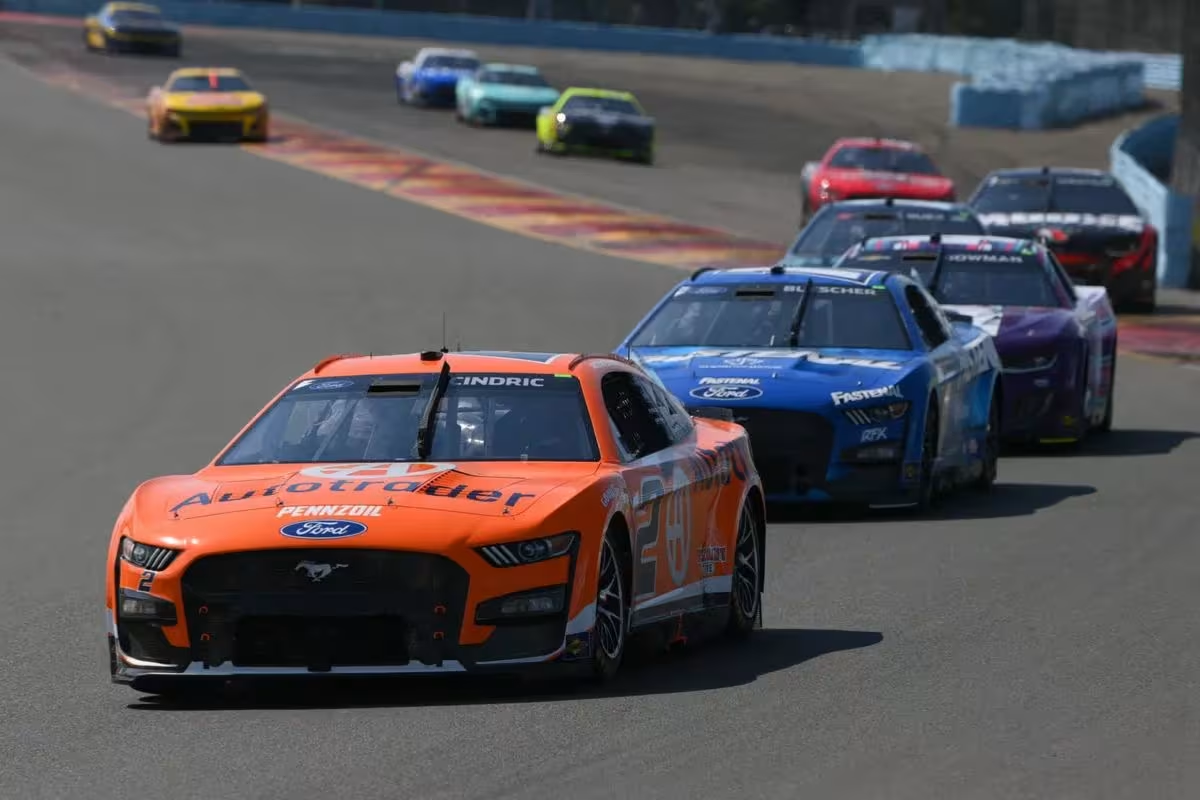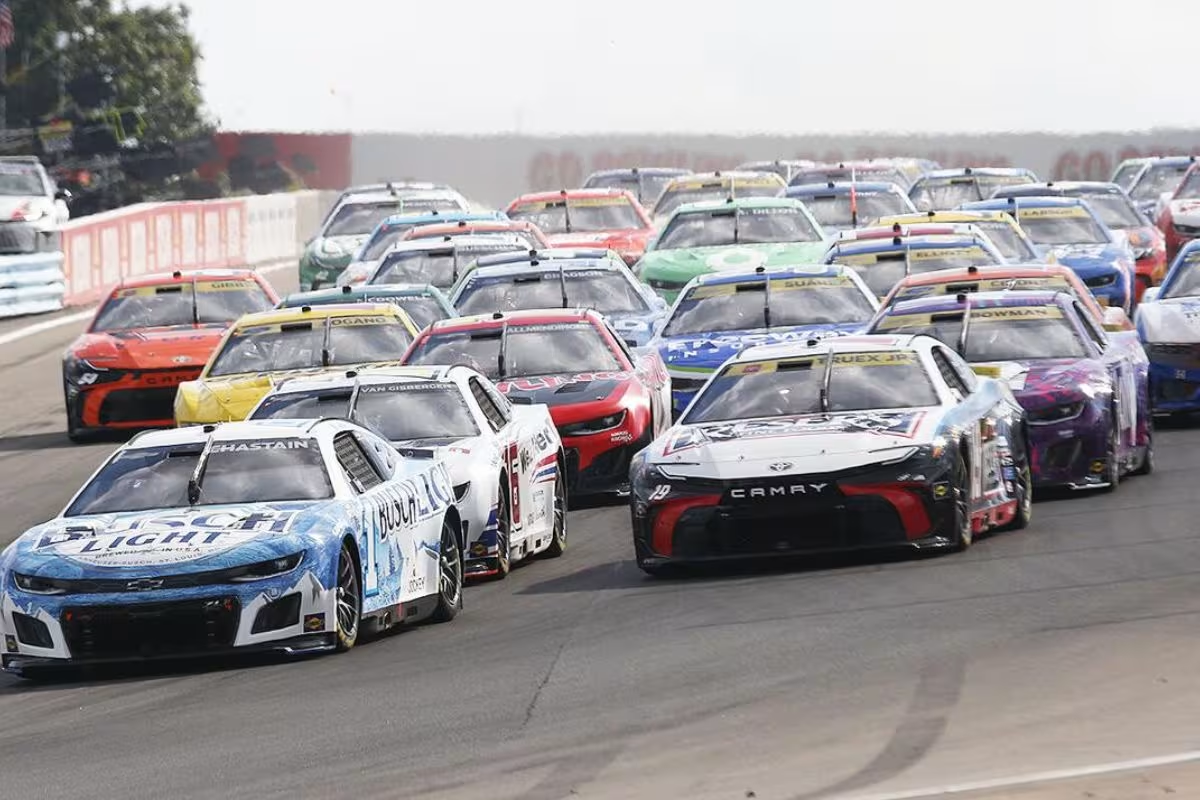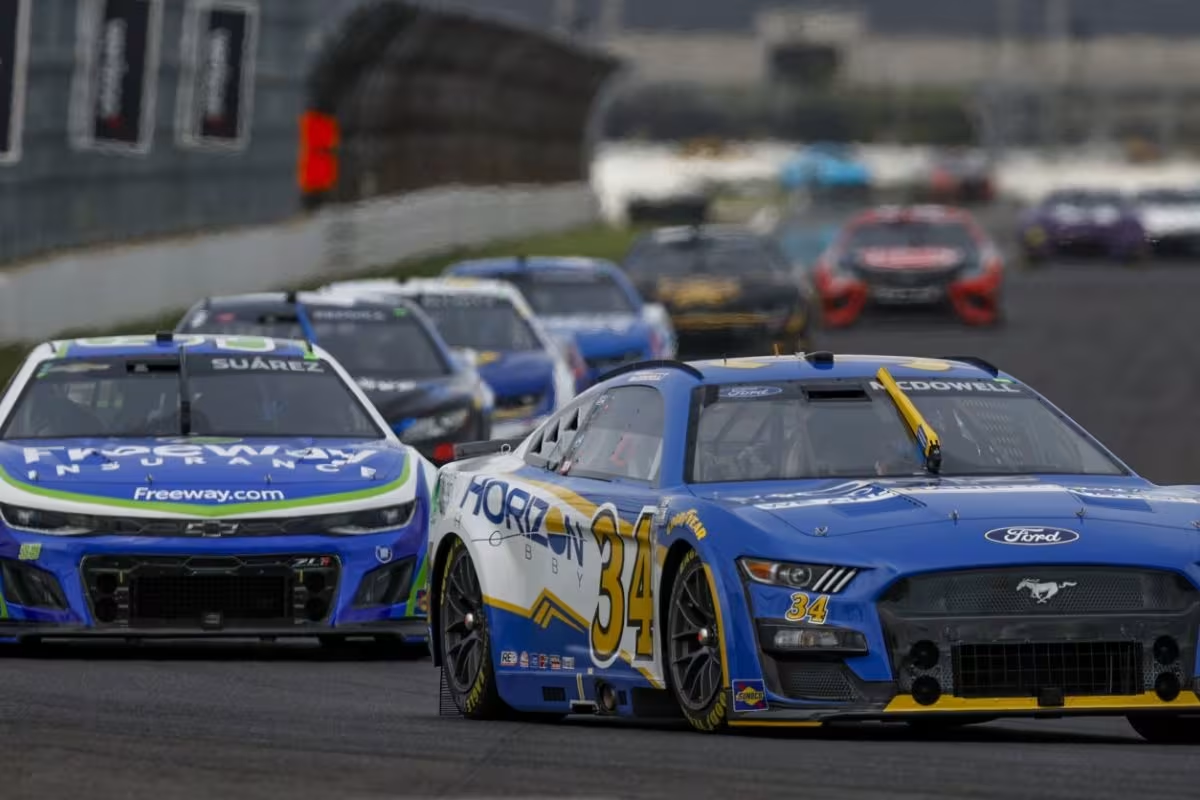Stewart-Haas Racing battling for a lifeline as it faces major challenges in securing charter approval from NASCAR, which is critical for its survival and competitiveness. The recent announcement of Tony Stewart‘s departure raises concerns about the team’s future, especially with ongoing legal issues that could make the charter process even more complicated. Gene Haas stresses the importance of getting this approval to ensure financial stability, pointing out broader problems within NASCAR’s charter system that could limit competition. As Gene Haas looks for new strategies, the upcoming seasons will be crucial in determining if Stewart-Haas Racing can overcome these challenges and maintain its position in the sport.
Key Highlights
- Gene Haas is seeking charter approval to ensure financial stability for the Haas Factory Team amid the exit of Stewart-Haas Racing.
- The legal disputes involving other teams could hinder the charter approval process for Haas, adding to the uncertainty.
- NASCAR’s charter system has faced criticism for stifling competition, raising concerns for teams like Haas seeking new opportunities.
- Cole Custer has been appointed as the lead driver, bringing hope for the Haas Factory Team’s performance in upcoming seasons.
- A technical alliance with RFK Racing is set to enhance the team’s competitiveness starting in 2025, pending charter approval.
Overview of the Situation
In view of recent developments, the situation surrounding Stewart-Haas Racing has raised considerable concerns regarding the implications of NASCAR’s charter system. The demise of this once-prominent team, announced by Tony Stewart in May, has sparked a critical reassessment of how charters are affecting the competitive landscape of NASCAR. An anonymous team executive aptly noted that the intrinsic value of these charters is shrouded in ambiguity, indicating that the financial ramifications of this system are not fully understood or appreciated by stakeholders.
The recent collapse of Stewart-Haas Racing has thrown the spotlight on the potential pitfalls of the charter system, which was initially designed to stabilize teams financially and promote a more sustainable racing environment. However, the challenges faced by Stewart-Haas have raised questions about whether charters may inadvertently stifle competition and innovation within the sport. The lawsuit filed by Michael Jordan and his partners against NASCAR exemplifies a growing discontent with the current framework.
Moreover, the rise of teams like 23XI Racing and Front Row Motorsports signifies a shift in the NASCAR hierarchy, further complicating the narrative surrounding charters. While Tony Stewart remains optimistic about leveraging his team’s legacy for future profit, the uncertainty surrounding the charter system casts a long shadow on his ambitions.
NASCAR’s Impact on Stewart-Haas Racing
The implications of NASCAR’s charter system have become increasingly relevant following the announcement of Stewart-Haas Racing’s exit at the end of 2024. This decision marks the end of an era, characterized by 70 Cup race victories, while simultaneously creating opportunities for other teams to expand. However, the current landscape poses considerable challenges for Stewart-Haas and its future within the NASCAR framework.
Several factors are influencing this precarious situation:
- The pending legal battles involving Denny Hamlin’s team and Front Row Motorsports (FRM) could complicate the charter approval process.
- Gene Haas’s intent to continue his racing ventures through the Haas Factory Team introduces a potential profit avenue, yet it is contingent upon NASCAR’s approval.
- NASCAR’s willingness to grant charters to new entrants remains uncertain, particularly with ongoing litigation that may affect the sanctioning body’s decisions.
As Stewart-Haas Racing navigates this turbulent period, the approval of charters is paramount. The sale and transfer of four charters, which have been signed but not yet greenlit by NASCAR, are critical for SHR’s financial stability.
“Haas signed the extension for four charters. Both FRM and SHR plan to purchase one and it is up to NASCAR to approve the transfer of those charters. Nothing in the filing shows whether NASCAR would approve it or not (obviously SHR would want sale to go through for the $$).” – Bob Pockrass
Haas signed the extension for four charters. Both FRM and SHR plan to purchase one and it is up to NASCAR to approve the transfer of those charters. Nothing in the filing shows whether NASCAR would approve it or not (obviously SHR would want sale to go through for the $$). https://t.co/6D9Aduq0QQ
— Bob Pockrass (@bobpockrass) October 17, 2024
The lack of clarity regarding NASCAR’s approval process creates considerable anxiety for team owners, especially as they contemplate their long-term strategies in a rapidly evolving environment. Without solid charter backing, both Stewart-Haas and potential new entrants could find themselves at a crossroads, highlighting the intricate relationship between organizational success and NASCAR’s regulatory framework.
The Financial Struggles of NASCAR Teams
The historical context of NASCAR’s reliance on independent contractors since its inception in 1949 has fostered an environment where year-to-year contracts leave teams without long-term security. Consequently, the demands of securing sponsorship can dominate a team’s focus, often diverting attention from competitive performance on the track. The irony is evident; as teams vie for financial backing, they inadvertently find themselves in competition with NASCAR itself.
These financial struggles highlight the precarious nature of team operations in NASCAR. As organizations like Stewart-Haas Racing navigate these complexities, the need for creative solutions becomes increasingly urgent to guarantee their survival and growth within the sport.
Gene Haas’s Plans for the Future
Steering through the financial challenges that have long plagued NASCAR teams necessitates creative strategies and robust partnerships, particularly for Gene Haas as he looks to the future of his racing endeavors. Since entering NASCAR in 2002, Haas has faced numerous hurdles, yet his alliance with Tony Stewart in 2008 marked a turning point, leading to notable achievements.
However, the recent inequities in the racing system have necessitated a renewed focus on tactical growth.
Haas is positioning the Haas Factory Team (HFT) for a competitive resurgence through several key initiatives:
- Technical Alliance with RFK Racing: Set to commence in 2025, this partnership capitalizes on RFK’s established success, leveraging their extensive resources to improve HFT’s performance.
- Cole Custer as Lead Driver: With a proven track record across different NASCAR series, Custer brings a wealth of experience and optimism, poised to drive the No. 41 Ford and spearhead the team’s quest for victories.
- Focus on Human Capital: Haas emphasizes building a skilled workforce, ensuring that the team is well-equipped to tackle the challenges of the Cup Series.
“Taking all the resources that we bring to the table and combining it with their success and the resources they have, we look forward to RFK and Haas Factory Team competing for wins and championships shoulder to shoulder. Along with Ford as a partner, we’re lacking no resources going into next year. People-wise, human capital, I’m happy to say we’re well on the way there to putting together the team capable of competing for wins.” – Cole Custer
As the landscape of NASCAR evolves and external factors, including litigation involving high-profile figures, threaten stability, Haas’s commitment to tactical alliances and resource optimization will be vital.
News in Brief: Stewart-Haas Racing Battling For a Lifeline
The situation facing Stewart-Haas Racing highlights the complexities and challenges inherent in modern NASCAR operations. With Gene Haas advocating for charter approval, the implications for financial stability and competitiveness remain substantial.
The evolving landscape of NASCAR, marked by financial struggles among teams, necessitates tactical adaptations to guarantee long-term viability. Ultimately, the outcomes of these negotiations and decisions will critically shape the future of Stewart-Haas Racing and potentially influence the broader NASCAR ecosystem.
ALSO READ: Stewart-Haas Racing Partners With Texas A&M for Final Races of the Season




